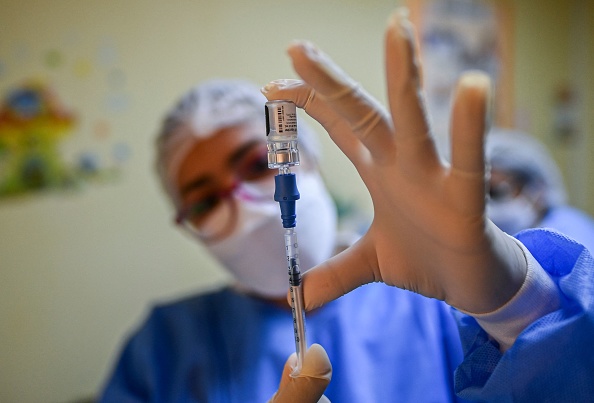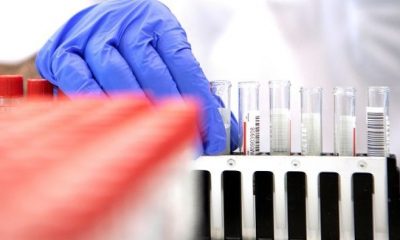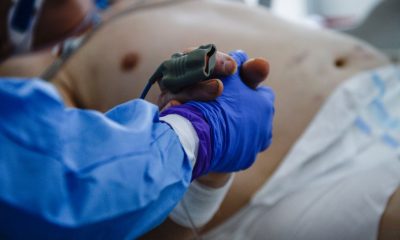Is there evidence of in-class transmission of COVID-19 at schools? A study on a university with mandated vaccination and masking says no.
With the SARS-CoV-2 virus being highly transmissible, concerns about going back to in-person classes are plenty, even with vaccinations in place. However, a new study suggested otherwise.
“Going back to full-occupancy, in-person teaching at Boston University (BU) did not lead to SARS-CoV-2 transmission in class,” said John Connor, Ph.D., a corresponding study author and associate professor of microbiology at Boston University School of Medicine (BUSM).
Since SARS-CoV-2 has displayed person-to-person transmission in variouos indoor situations, the potential for robust transmission caused significant challenges in the day-to-day activities of colleges and universities, where indoor learning occurs. Understanding whether in-class instruction without any form of physical distancing helps fuel transmission has not been adequately addressed thus far.
A new study published in the journal JAMA Network Open used a blend of surveillance testing, used a blend of surveillance testing, epidemiology, and viral genomic sequencing to analyze the incidence of likely transmissions in more than 140,000 class meetings to determine whether in-class instruction without any physical distancing would drive infections.
For each potential in-class transmission event, Connor and his colleagues analyzed the virus genome to understand whether there was classroom transmission.
“Our reasoning was that if there was in-class transmission, then each person in that potential transmission event would have the same genome,” said Connor, adding that if there were no in-class transmission, the two people would have genetically different genomes.
The team found that none of the nine potential in-class transmission events led to infections.
Per Connor, understanding the risk level of classroom transmission to assess the benefits of in-person learning was very important for universities.
“We have a wealth of data from our COVID public health protocols and appreciate the efforts of our faculty and staff to use this information to evaluate the effectiveness of various mitigation strategies in reducing [the] spread and significant illness,” said Gloria S. Waters, Ph.D., the vice-president and associate provost for research at Boston University
She added that the data from the study helped the university with its pandemic response.
















